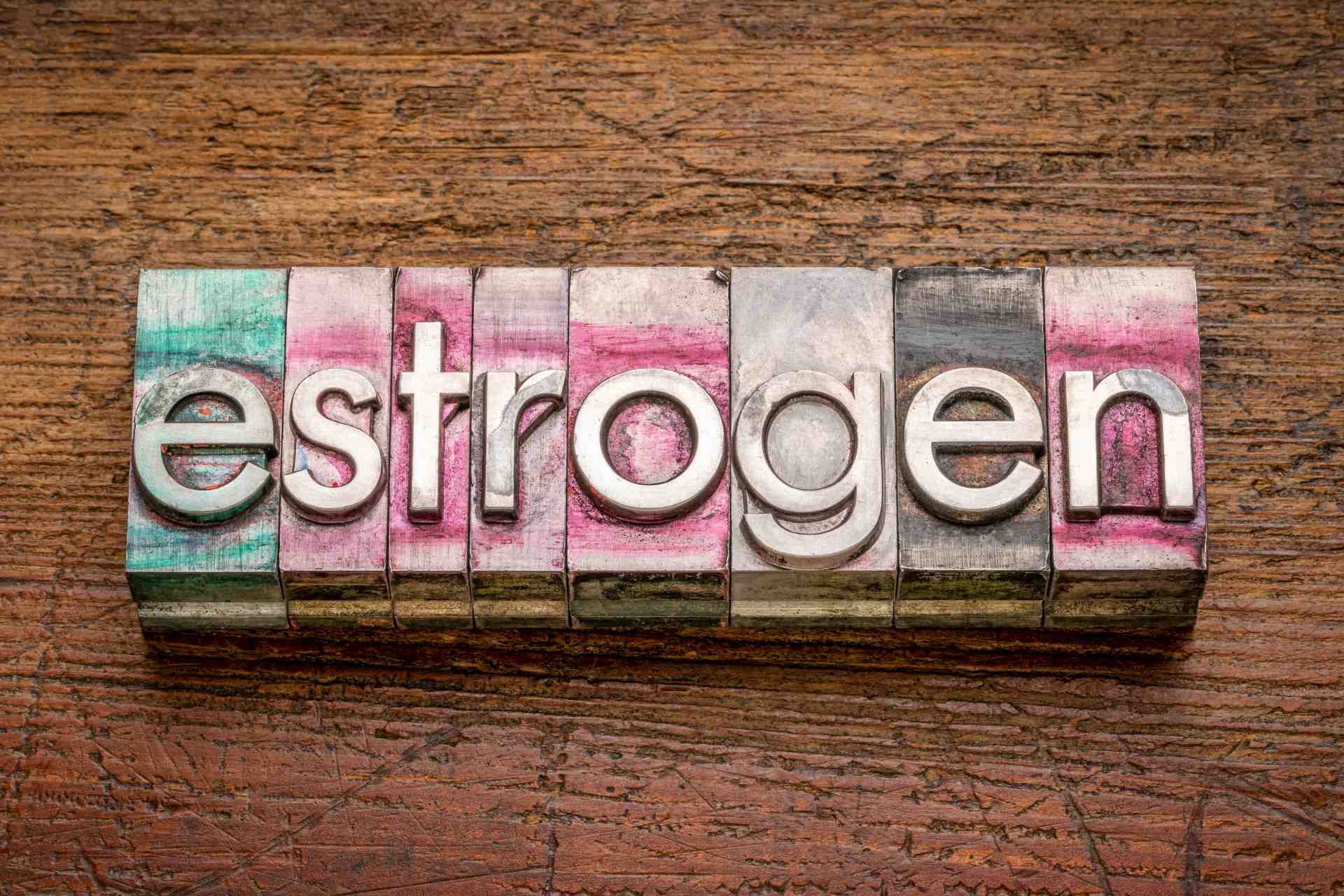
Learn how high estrogen levels and depression relate.
The rates of psychiatric illness show a sex difference. It starts at puberty and continues throughout the reproductive years. This suggests that the brain’s hormonal environment modulates the risk and severity of psychiatric morbidity.
Researchers are focusing on the role of hormones in the development and prognosis of psychiatric disorders, particularly in the context of depression treatment. Estrogen production varies between males and females throughout their reproductive years. And this contrast plays a crucial role in modulating the expression of depression between the sexes. Specialists often report mood changes during the late luteal phase of the menstrual cycle and following childbirth.
Depression Rates in Menopause
The rate of depression during menopause has numerous causes. However, recent research did not provide evidence explaining a significant increase in major depression after menopause, when estrogen levels decline.
Nevertheless, post-menopausal women become more susceptible to depression due to lower estrogen production. In fact, estrogen plays a crucial role in enhancing serotonergic functions. It leads to antidepressant effects on neurotransmitter and receptor functioning.
The primary goal of estrogen is to improve serotonergic functions. It includes increasing synthesis and uptake, enhancing post-synaptic receptor responsivity, and resulting in the up-regulation of 5-HT1 serotonin receptors and the down-regulation of 5-HT2 serotonin receptors.
Estrogen and Norepinephrine Activity
Estrogen enhances norepinephrine activity in the brain. It leads to better mood and cognition in women undergoing estrogen replacement therapy (ERT). Additionally, it brings about changes in monoamine oxidase activity. In non-depressed peri- and post-menopausal women, estrogen enhances mood and overall well-being.
However, in women with clinical depression, estrogen alone does not have a mood-improving effect. Nonetheless, when patients use it as an adjunct to antidepressant therapy, estrogen proves to be beneficial.
Recent research indicates that women with depression over 60 years old who are on ERT alongside sertraline show significantly greater improvement if we compare to those receiving sertraline alone. Estrogen augmentation for peri-menopausal depression may limit itself to a specific subgroup of women, particularly those dealing with postpartum depression or mood changes related to the menstrual cycle. The relationship between estrogen and the onset, progression, and severity of depression implies that estrogen supplementation could be a valuable complementary therapy for selected women with depression.
Estrogen and Stress
The survey on depression suggests that stress depression is present twice as often in women as compared to men, and estrogen levels are the primary reason.
Even mild levels of stress, which don’t affect men, can affect women very easily as their estrogen levels are higher, and estrogen makes the brain more vulnerable to stress. High levels of estrogen increase the brain’s response to stress, which is why women are more vulnerable to mental illnesses such as depression and post-traumatic stress disorder (PTSD) than men.
It is known that estrogen can interact with molecular processes present in the stress response and that certain genetic variations are clinically present in women with depression. However, these factors combine to produce the disparity in the prevalence of this disorder, which remains unknown.
For High Estrogen Levels, Contact us Today!
Contact Core Medical Group of Florida today to learn more about high estrogen levels. In addition, Our experienced medical professionals specialize in hormone replacement therapy. Moreover, Take charge of your health and rejuvenate your vitality. Visit Core Medical Group of Florida to schedule your consultation now!

